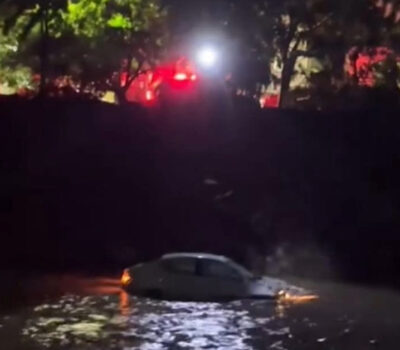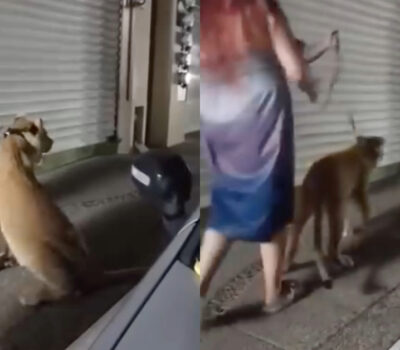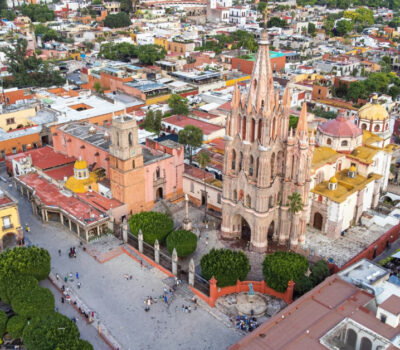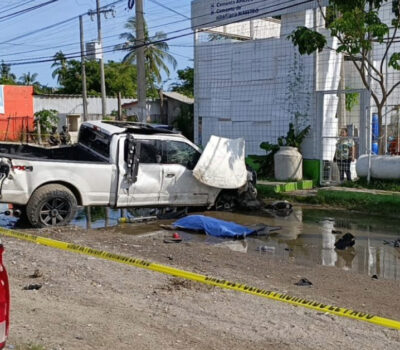Many women with early-stage breast cancer can skip chemotherapy without hurting their odds of beating the disease - good news from a major study that shows the value of a gene-activity test to gauge each patient's risk.
The test accurately identified a group . . .











